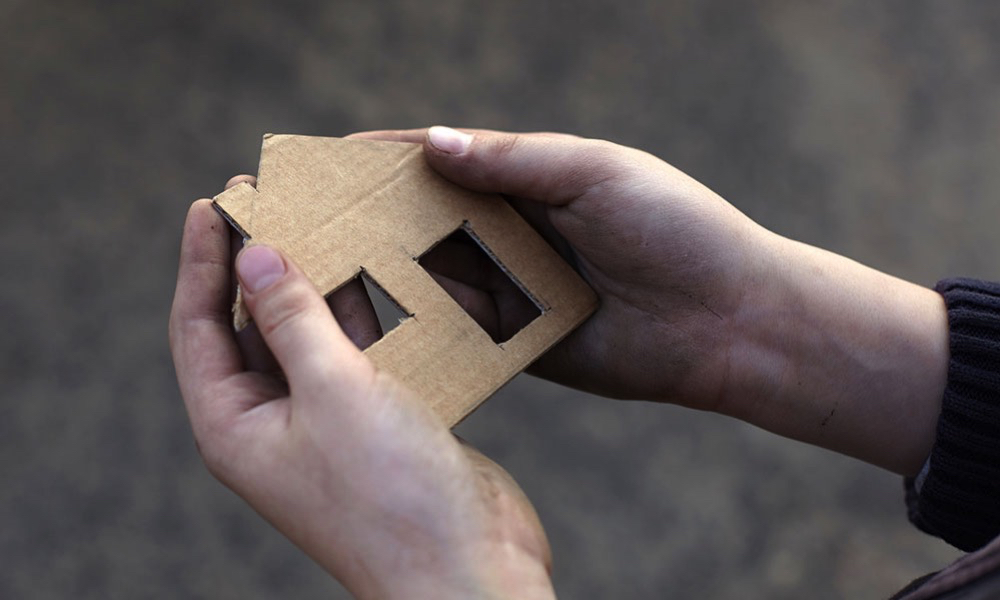
New ABA Network Increases Legal Services for Homeless Youth
The American Bar Association’s new legal network addresses gaps in legal services to meet the myriad needs of homeless youth.
Because of their age, homeless youth encounter a unique set of legal challenges. For example, they may be unable to enter into a contract or lease, leaving them unable to rent an apartment, even if they have the money to do so. They also face obstacles accessing healthcare or securing public assistance without a guardian.
In effort to increase legal services to this group, the American Bar Association (ABA) recently launched the Homeless Youth Legal Network (HYLN). The initiative helps homeless youth ages 25 and younger, while also providing opportunities for legal professionals and service providers.
“The Homeless Youth Legal Network is a fine example of how the American Bar Association can link youth experiencing homelessness with experts in the legal community who can help,” ABA President Linda A. Klein said in a press release. “This project, made possible with a grant from the ABA Enterprise Fund, shows how we can harness the power and reach of the ABA to improve access to justice by providing much-needed legal assistance to vulnerable populations.”
In addition to legal barriers, gaps in legal services mean that homeless youth can easily fall through the cracks. There are also programs nationwide that dont represent or provide services to those younger than 18. This new initiative encourages programs to expand eligibility and service criteria by ensuring programs are either equipped to address the issues facing homeless youth or able to refer those cases to partners in the network.
To help other programs better serve homeless youth, HYLN identified 12 programs to serve as models during the first phase of this initiative. These 12 pilot sites will provide technical assistance to emerging programs, document best practices, and share data on legal barriers and improved outcomes resulting from legal advocacy.
By identifying existing services, as well as unmet needs, the groups leading this initiative—the Commission on Homelessness and Poverty, Commission on Youth at Risk, and Section of Litigation Childrens Rights Litigation Committee—hope to create a national directory of legal services available to homeless youth.
In addition to helping homeless youth, HYLN benefits attorneys and service providers by offering them technical assistance, training, and learning opportunities. A pro bono initiative is currently being piloted in Florida to recruit and train lawyers and law firms while also matching them with homeless youth shelters and drop-in centers nationwide.
Recently, HYLN has also conducted surveys to gain deeper insight into the legal needs of youth in their community and started a listserv for attorneys and other advocates for homeless youth. Plus, on its website, HYLN offers a wealth of information and resources related to fulfilling the legal needs of homeless youth.
(iStock/Thinkstock)






Comments